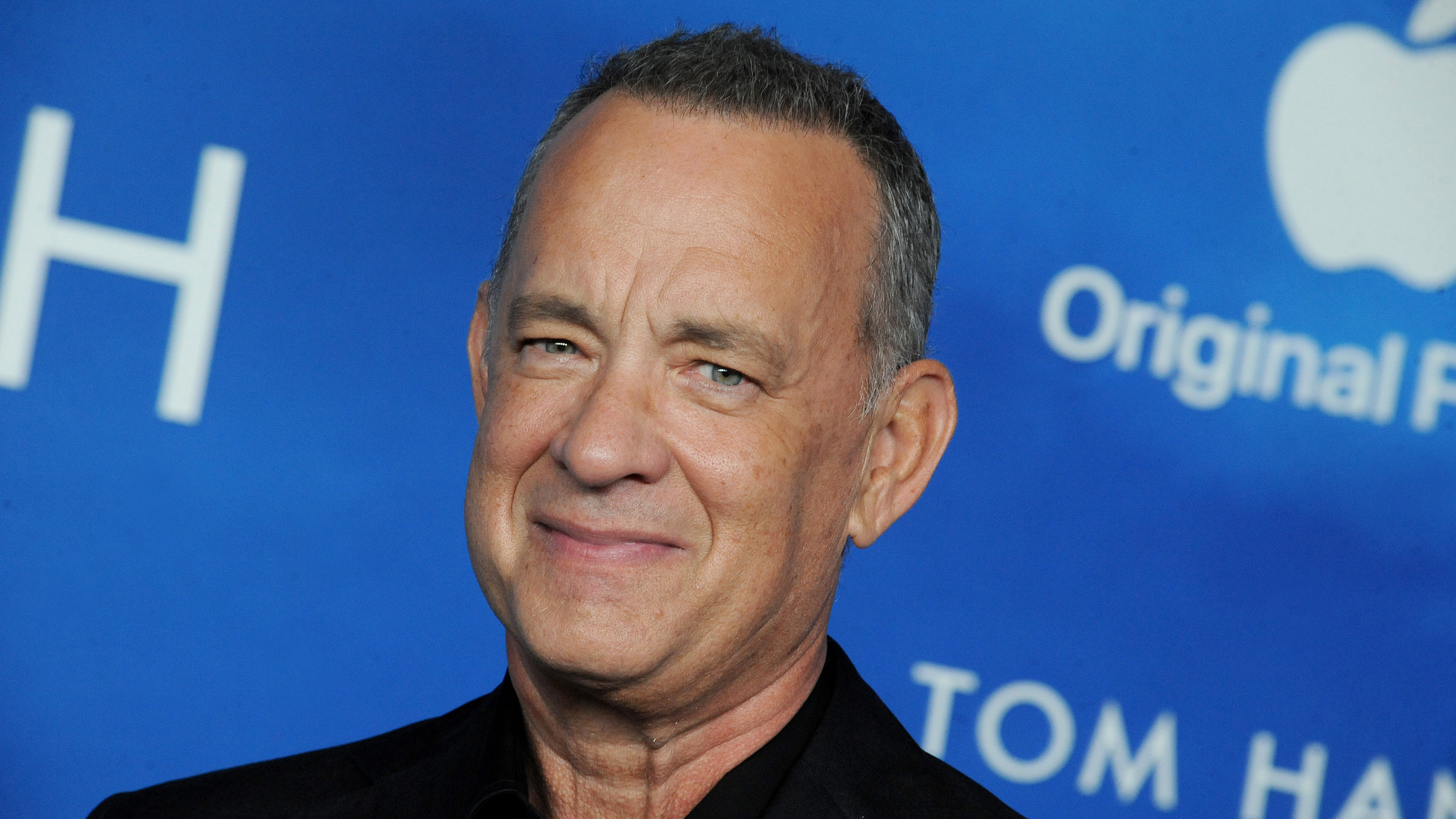

Take it from Tom Hanks—he is not interested in peddling dental plans.
“BEWARE!! [sic] There’s a video out there promoting some dental plan with an AI version of me. I have nothing to do with it,” the actor wrote via an Instagram post to his account over the weekend.
Hanks’ warning was superimposed over a screenshot of the deepfaked dental imposter in question, and subsequently highlighted by Variety on Sunday afternoon. According to Gizmodo, the simulated celebrity appears to be based on an image owned by the Los Angeles Times from at least 2014.
The latest example of generative AI’s continued foray into uncharted legal and ethical territories seems to confirm the Oscar-winning actor’s fears first voiced barely five months ago. During an interview while on The Adam Buxton Podcast, Hanks explained his concerns about AI tech’s implications for actors, especially after their deaths.
[Related: This fictitious news show is entirely produced by AI and deepfakes.]
“Anybody can now recreate themselves at any age they are by way of AI or deepfake technology. I could be hit by a bus tomorrow and that’s it, but performances can go on and on and on and on,” Hanks said in May. “Outside the understanding of AI and deepfake, there’ll be nothing to tell you that it’s not me and me alone. And it’s going to have some degree of lifelike quality. That’s certainly an artistic challenge, but it’s also a legal one.”
Hanks’ warnings come as certain corners of the global entertainment industry are already openly embracing the technology, with or without performers’ consent. In China, for example, AI companies are now offering deepfake services to clone popular online influencers to hawk products ostensibly 24/7 using their own “livestreams.”
According to a report last month from MIT Technology Review, Chinese startups only require a few minutes’ worth of source video alongside roughly $1,000 to replicate human influencers for as long as a client wants. Those fees alongside an AI clone’s complexity and abilities, but often are significantly cheaper than employing human livestream labor. A report from Chinese analytics firm iiMedia Research, for example, estimates companies could cut costs by as much as 70 percent by switching to AI talking heads. Combined with other economic and labor challenges, earnings for human livestream hosts in the country have dropped as much as 20 percent since 2022.
[Related: Deepfake videos may be convincing enough to create false memories.]
Apart from the financial concerns, deepfaking celebrities poses ethical issues, especially for the families of deceased entertainers. Also posting to Instagram over the weekend, Zelda Williams—daughter of the late Robin Williams—offered her thoughts after encountering deepfaked audio of her father’s voice.
“I’ve already heard AI used to get his ‘voice’ to say whatever people want and while I find it personally disturbing, the ramifications go far beyond my own feelings,” wrote Williams, as reported via Rolling Stone on October 2. “These recreations are, at their very best, a poor facsimile of greater people, but at their worst, a horrendous Frankensteinian monster, cobbled together from the worst bits of everything this industry is, instead of what it should stand for.”
AI is currently a major focal point for ongoing labor negotiations within Hollywood. Last week, the Writers Guild of America reached an agreement with industry executives following a five-month strike, settling on a contract that offers specific guidelines protecting writers’ livelihoods and art against AI outsourcing. Meanwhile, members of the Screen Actors Guild remain on strike while seeking their own guarantees against AI in situations such as background actor generation and posthumous usages of their likeness.
